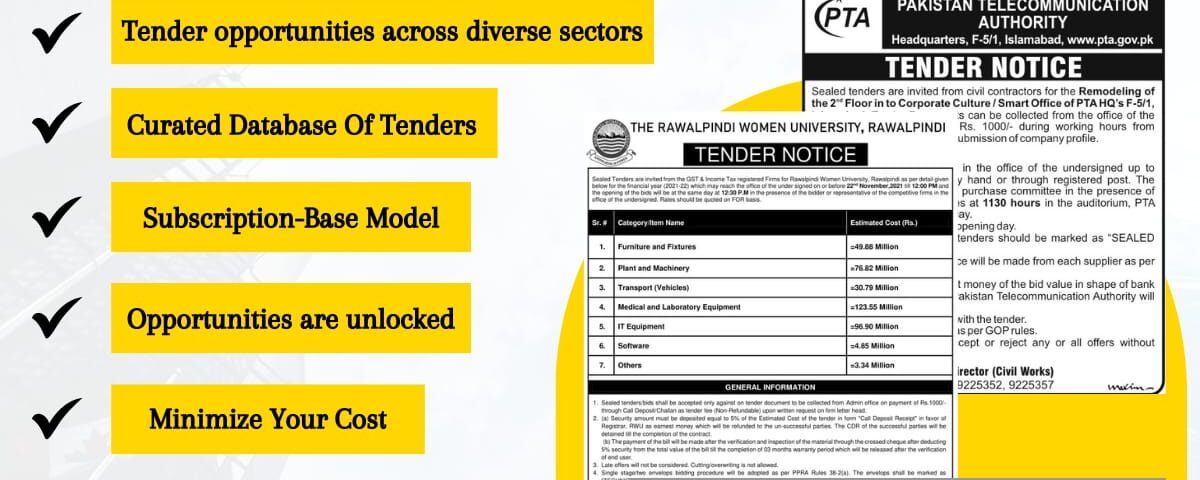Federal Contracting for Dummies: A Comprehensive Guide to Navigating Government Contracts

Unleashing Creativity and Innovation: A Deep Dive into Design Thinking
May 23, 2024
Understanding Android OS: A Comprehensive Guide
May 25, 2024Introduction to Federal Contracting
So, you’ve heard the term “federal contracting” tossed around but aren’t quite sure what it means? Let’s break it down. Federal contracting involves businesses providing goods or services to the federal government. It’s a massive market with the U.S. government spending billions annually on contracts. Why is it important? Well, tapping into this market can be a goldmine for businesses, offering stability and lucrative opportunities.
Thank you for reading this post, don't forget to subscribe!The Basics of Federal Contracting
Federal Contracting vs. Private Sector Contracting
First off, how does federal contracting differ from private sector contracting? While both involve agreements to deliver goods or services, federal contracting is governed by a unique set of rules and regulations designed to ensure transparency, fairness, and accountability. It’s a bit like playing the same game but with a different rulebook.
Key Terms in Federal Contracting
Before diving deeper, let’s familiarize ourselves with some key terms. The Federal Acquisition Regulation (FAR) is the primary set of rules governing federal contracting. Then, we have terms like request for proposal (RFP), invitation for bid (IFB), and contracting officer (CO), all crucial players in the contracting world.
Types of Federal Contracts
Federal contracts come in various shapes and sizes. Here are the main types:
Fixed-Price Contracts
These are straightforward: you agree to deliver a product or service for a set price. It’s like buying a concert ticket – the price is fixed, and you know exactly what you’re getting.
Cost-Reimbursement Contracts
Here, the government agrees to cover your costs plus a fee. It’s more flexible but requires detailed accounting to ensure costs are tracked and justified.
Time and Materials Contracts
These are hybrid contracts where you’re paid for labor (time) and materials. It’s useful when the scope of work isn’t clear at the start.
Who Can Apply for Federal Contracts?
Eligibility Criteria
Not just anyone can snag a federal contract. You need to meet specific eligibility criteria, which often include being a U.S. business and having a DUNS number.
Registration Requirements
Before bidding, you’ll need to register with the System for Award Management (SAM). Think of it as getting your license before driving a car.
The Federal Contracting Process
Finding Opportunities
Where do you find these golden opportunities? Websites like beta.SAM.gov list all federal contracting opportunities. It’s like a job board but for contracts.
Bidding on Contracts
Once you find a match, it’s time to bid. This involves submitting a proposal detailing how you plan to meet the contract’s requirements and at what cost.
The Award Process
If your bid is successful, you’ll be awarded the contract. This is where the real work begins, and you start delivering on your promises.
Compliance and Regulations
Federal Acquisition Regulation (FAR)
The FAR is the bible of federal contracting, laying out all the rules you must follow. It’s comprehensive and covers everything from bidding to contract management.
Other Relevant Laws and Regulations
Beyond the FAR, there are other laws and regulations, like the Defense Federal Acquisition Regulation Supplement (DFARS) and the Small Business Act, which may apply depending on the contract.
Tips for Winning Federal Contracts
Understanding the Evaluation Criteria
To win, you need to know what the evaluators are looking for. It’s not just about price; they also consider your technical approach, past performance, and management capability.
Crafting a Competitive Proposal
Your proposal should be clear, concise, and compelling. Highlight your strengths and how you meet the requirements better than anyone else.
Common Mistakes to Avoid
Incomplete Applications
One common pitfall is submitting incomplete applications. Ensure every section of your proposal is filled out correctly and thoroughly.
Ignoring Compliance Requirements
Compliance isn’t optional. Ignoring requirements can get your bid tossed out before it’s even considered.
How to Build Relationships with Federal Agencies
Networking Strategies
Building relationships with federal agencies can give you a leg up. Attend industry days, join relevant associations, and don’t be afraid to reach out directly.
Importance of Past Performance
Your track record matters. Good past performance can make or break your chances of winning new contracts.
Resources for Federal Contractors
Government Websites
Websites like GSA.gov and USA.gov offer a wealth of information and resources for federal contractors.
Industry Associations
Associations like the National Contract Management Association (NCMA) provide networking opportunities, training, and other resources.
Small Business Programs
8(a) Business Development Program
This program helps small disadvantaged businesses compete in the federal marketplace. It’s like having a mentor to guide you through the process.
Women-Owned Small Business (WOSB) Program
The WOSB program aims to level the playing field for women entrepreneurs in federal contracting.
Service-Disabled Veteran-Owned Small Business (SDVOSB) Program
This program provides opportunities for veterans who have served our country and now want to serve through business.
Subcontracting Opportunities
Benefits of Subcontracting
Not ready to be the prime contractor? Subcontracting allows you to gain experience and build relationships without the full burden of a prime contract.
How to Find Subcontracting Opportunities
Check out websites like SubNet and attend networking events to find subcontracting opportunities.
Managing a Federal Contract
Keeping Track of Deliverables
Once you win a contract, keeping track of deliverables and deadlines is crucial. Think of it as running a marathon; pacing and organization are key.
Reporting Requirements
Federal contracts come with reporting requirements. Stay on top of these to ensure compliance and avoid penalties.
Challenges in Federal Contracting
Bureaucracy and Red Tape
Navigating the bureaucracy can be challenging. Patience and persistence are your best friends here.
Competition
The competition is fierce. But with the right strategy and preparation, you can stand out.
Future Trends in Federal Contracting
Technological Advancements
Technology is reshaping federal contracting. Stay updated on trends like AI and blockchain, which can give you a competitive edge.
Policy Changes
Keep an eye on policy changes. New regulations can impact how you do business and open up new opportunities.
Conclusion
Federal contracting might seem daunting, but with the right knowledge and preparation, it can be a rewarding endeavor. From understanding the types of contracts to crafting winning proposals, each step brings you closer to tapping into this lucrative market. Remember, persistence and continuous learning are key. So, dive in, stay informed, and watch your business grow through federal contracting.
FAQs
1. What is the first step to getting a federal contract?
- The first step is registering your business with the System for Award Management (SAM).
2. Are there opportunities for small businesses in federal contracting?
- Absolutely! Programs like the 8(a) Business Development Program and the Women-Owned Small Business (WOSB) Program are designed to help small businesses.
3. How can I find federal contracting opportunities?
- Websites like beta.SAM.gov list federal contracting opportunities. You can search for contracts that match your business’s capabilities.
4. What should I include in a federal contract proposal?
- A strong proposal should include a clear description of your approach, pricing, and evidence of past performance. Make sure it meets all the requirements outlined in the RFP.
5. How can I ensure compliance with federal contracting regulations?
- Familiarize yourself with the Federal Acquisition Regulation (FAR) and any specific requirements of the contract. Regularly review compliance updates and seek legal advice if needed.


